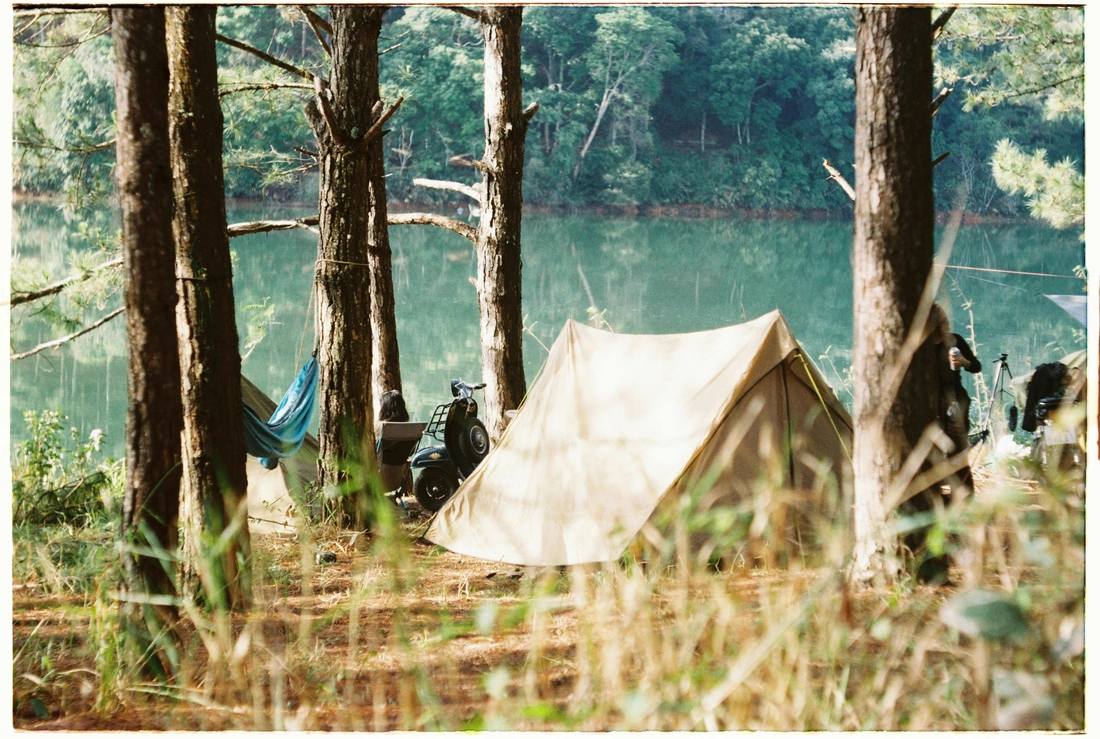Ecotourism: What is it?

Tourism is the cause of many environmental degradations due to infrastructure, pollution, overconsumption and overexploitation of resources... So how can you do tourism without harming the environment, its fauna and flora? Ecotourism could just be a solution! We still need to know what it is. In this article, we take stock of ecotourism, its advantages and disadvantages!
Ecotourism: Definition
Ecotourism is a term that is widely used and often confused with other forms of tourism. A definition written by the International Ecotourism Society (TIES) in 2015 nevertheless serves as a reference. According to this definition, ecotourism is responsible travel in natural areas that conserves the environment, supports the well-being of the local population and involves education and cultural mediation. In short, ecotourism puts sustainable development at the centre of its concerns.
The Principles of Ecotourism
According to TIES, ecotourism is about blending conservation, communities and sustainable travel. Those who implement, participate in and market ecotourism activities must therefore respect certain fundamentals:
- Reduce the social, physical, psychological and behavioural impacts of tourism on the environment;
- Raise awareness among visitors about the cultural and environmental issues of the region in question;
- Provide positive experiences for both visitors and hosts;
- Generate financial benefits for local populations and private industry;
- Design, build and use equipment with low environmental impact
- To provide visitors with memorable experiences that contribute to their awareness of the political, environmental and social climate of the host countries;
- Design, build and use equipment with low environmental impact;
- Recognize the spiritual rights and beliefs of local people and work with them to empower them.
The disadvantages of ecotourism
Even if the environmental footprint is smaller compared to mass tourism, it is not zero. Many tourists travel, which generates waste and requires infrastructure, even in protected areas. It is sometimes difficult to limit the damage, especially since it is precisely these visitors who allow the local people to earn a living.
The construction of infrastructure not only degrades natural spaces, but also profoundly changes the routine of animals and their habitats. In addition, a cultural shift can occur; This is the phenomenon of transculturation. Visitors have an influence on local populations over time. As a result, some culture, traditions and customs can be distorted or lost.
The benefits of ecotourism
If ecotourism is managed correctly as explained below, it can still bring many benefits! The first advantage is obviously the impact on the environment, which is less than conventional tourism. Nature-based, ecotourism provides funding to host communities and organizations that preserve natural spaces.
In addition to preserving natural resources, ecotourism promotes respect for local traditions and cultures. It also creates well-paying jobs for local workers, who will be happy to introduce you to their region. For example, hiring a local guide to go hiking is an ecotourism act!
Finally, without necessarily realizing it, a real awareness and education about environmental protection takes place! Choosing ecotourism means appreciating the natural attractions offered by nature, as well as the cultures and people of these visited areas.
And you, have you ever tried ecotourism?
For more content, feel free to visit our Linkedin and Instagram !
Discover our positive impact companies
Meet My Job is the 1st Belgian recruitment platform dedicated to sustainable development. So, what are you waiting for? Find your dream job/internship in sustainability here !